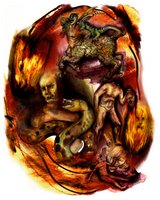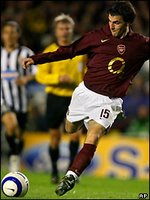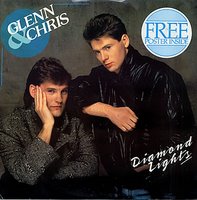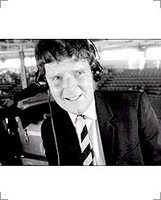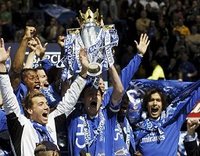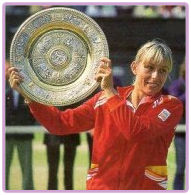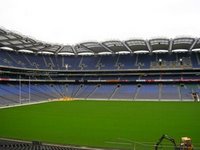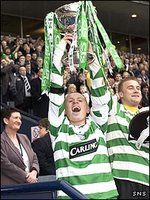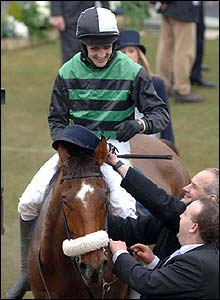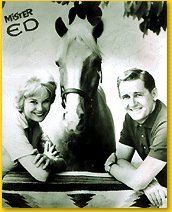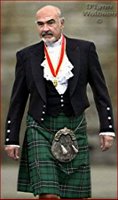No Quarter Given for Irish Provinces
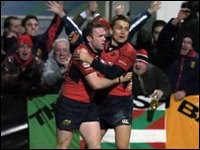
Will the curse of Lansdowne Road strike again? After doing for the high hopes of both of Ireland's major provinces in the Heineken Cup knock-out stages in recent years - Leinster limply against Perpignan in 2003 and Munster in more thrilling, but no less disappointing fashion in 2004 against Wasps - the old ground stages another crucial contest tomorrow. By the time Munster and Perpignan take to the field in Dublin, they will know how Leinster have fared in their daredevil mission to Toulouse, and an unlikely win would undoubtedly inspire the Munster men.
Had these ties taken place six weeks ago, the Irish provinces would have been in chipper shape. The two form sides in the continent, they had just come off the back of rip-roaring concluding performances in their Heineken Cup groups. Leinster's demolition of Bath alone was as good a demonstration of attacking rugby as will be seen in this hemisphere this year, and Munster had grafted a new finesse in their back division to complement their perenially dominant forwards.
For Munster, the intervening weeks have brought one, major black spot. The injury to Barry Murphy, sustained in a Celtic League match at Ravenhill, is more worrisome than is normally the case for the omission of such a relative newcomer to this level. But the 23 year-old had made a massive contribution to Munster's improved attacking edge and his loss has left Declan Kidney experimenting with Tomas O'Leary at outside-centre.
While you would still fancy Munster nous and familiar turf to help them advance, Leinster face the mother of all battles in the atmospheric cauldron of the Stade Ernest Wallon. The intervening weeks have not been damaging in themselves, per se, and most of the interational contingent go into the tie in good form. Whether they can switch back on the fluidity of January is not yet known, as is the question over their ability to attain parity up front against Fabian Pelous and co.
They will undoubtedly throw everything at it however, and the tie in the south of France looks to be the pick of the round.
....Read more!
